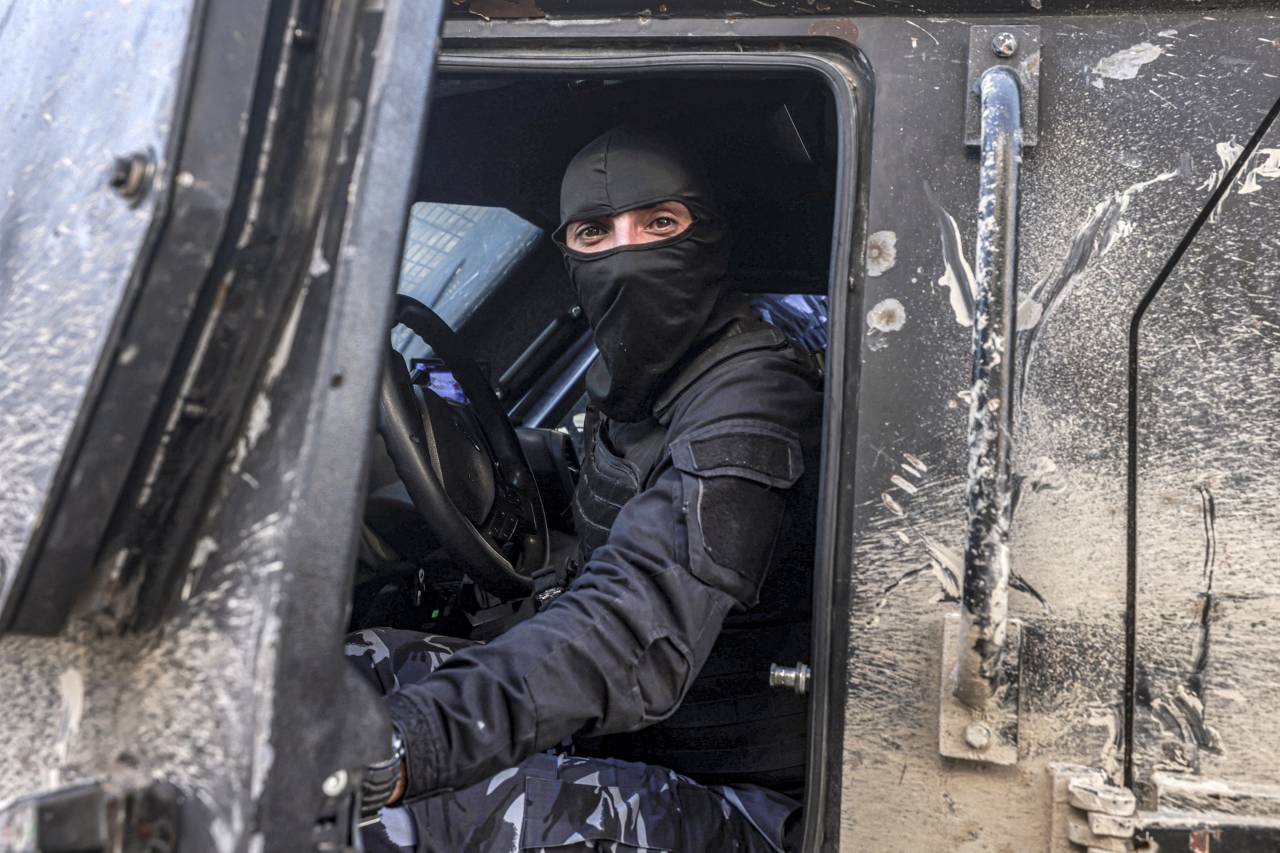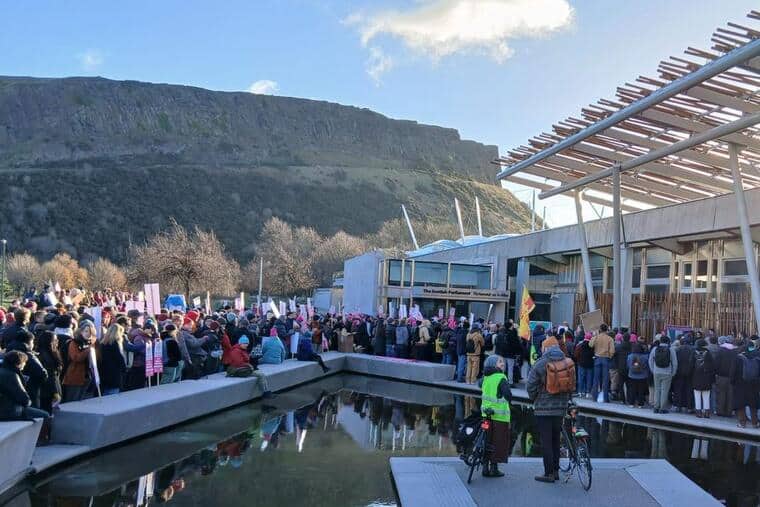Report Exposes PA’s Celebration of Officers Who Kill Israelis

A recent report has shed light on the practices of the **Palestinian Authority (PA)** regarding its security forces’ treatment of officers involved in lethal confrontations with Israeli forces. The findings indicate a troubling trend where the PA appears to celebrate and lionize those who kill Israelis, raising concerns about the implications for violence in the region.
According to the report published by **Human Rights Watch** in **March 2024**, the PA’s actions could have far-reaching consequences for peace efforts. The organization emphasized the potential for increased tensions and violence, as the glorification of killings may encourage further acts of aggression. This revelation comes at a time when the **West Bank** and **Gaza Strip** have already been experiencing heightened unrest.
The PA has reportedly organized events to honor these officers, framing their actions as patriotic and heroic. These public ceremonies often involve speeches that depict the killings as necessary for the defense of Palestinian rights. This narrative not only romanticizes violence but also sends a message to the broader Palestinian population regarding acceptable means of resistance.
The report highlights specific instances where PA security forces have publicly celebrated actions taken against Israeli security forces. This includes not only commendations during official events but also the dissemination of these narratives through social media platforms, where imagery and stories glorifying violence are shared widely.
In response to these findings, the PA has faced criticism from international observers who argue that such practices could undermine efforts to foster a peaceful resolution to the Israeli-Palestinian conflict. The implications of these actions extend beyond local sentiment, as they may also affect foreign aid and support from countries such as the **United States**, which have historically provided funding to the PA.
Critics argue that the glorification of violence contradicts the principles of peace and reconciliation. They contend that for any meaningful dialogue to take place, the PA must address its internal narratives and the glorification of violence against Israelis.
The report calls for a reevaluation of international support for the PA, especially from nations that prioritize human rights and peaceful conflict resolution. As funding from the United States and other allies often comes with stipulations regarding the promotion of peace, these revelations may prompt a reassessment of the conditions attached to such financial assistance.
As the situation continues to develop, the PA’s handling of this issue will be closely monitored by both local and international communities. The hope remains that a shift in narrative could pave the way for renewed dialogue and a path towards lasting peace in the region.






